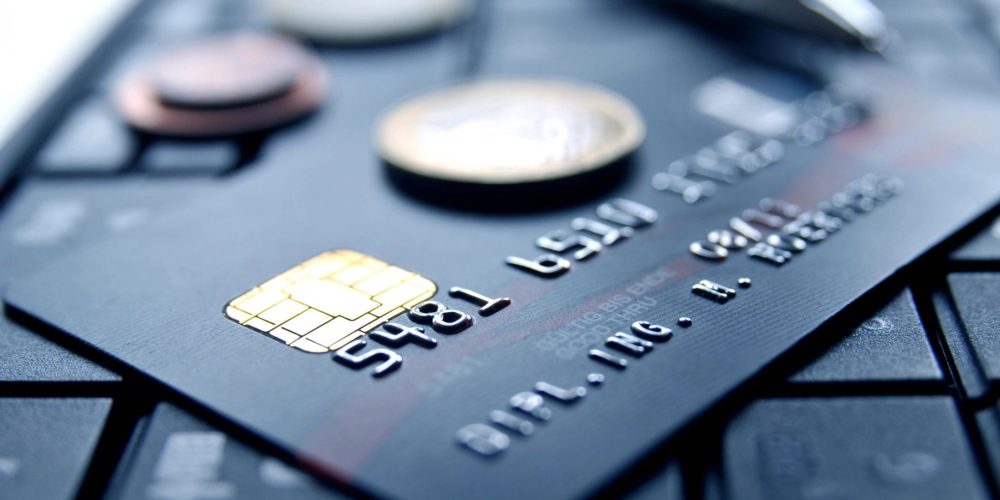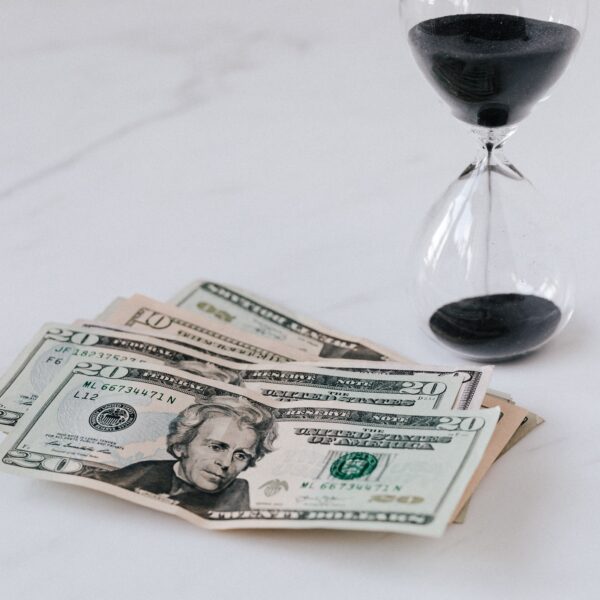7 Ways to Increase your credit score today:
-
Have a plan and stick to it
Create a budget and stick to it. Most employees get paid weekly or bi-weekly. Therefore, it’s important you include your itemized credit card accounts as part of your budget planning. Paying your credit card bi-weekly ensures you’re on track to pay off your debt. Most credit card companies are now required to provide details on how long it would take to pay off debt based on paying just the minimum payment. There are also other options like paying in full or 36 month plan. Do take a good look at these other options as stretching yourself to be out of debt sooner is worth it and a way to increase your credit score than sticking to the minimum payment, which may take up to 7 years or more. Yikes!
If you’re looking for ways to bring in more money to help get you debt free faster, check out a list of side hustle options you can do today to increase your income. You do have to get creative to see what options work best for you especially when a salary increase or new job isn’t readily available.
-
Get rid of your credit card balances
Pay twice a month. Click here to get a link to the Personal Plan where I go in depth on ways you can use to pay down debts.
-
If you carry a Balance
If you must use your card and happen to carry a balance then do ensure you are not using more than 30% of your available credit. This means that if your credit limit is $1,000 the most you should have on that card is a balance of $300. When you keep this amount low this boosts your credit score.
- Card A with a $1,000 credit limit and $800 balance (means you’re at 80%, this is not good)
- Card B with a $5,000 credit limit and a $500 balance (means you’re at 10%, this is good)
Here’s an important tip to note, credit utilization is viewed holistically and also based on utilization on each card. Meaning the utilization for Card A differs for Card B based on credit limits available as outlined above. Therefore, do pay attention on how you use your cards as this affect the overall calculation of how much credit you’re using and if you’re using less than 30% of the available credit in total.
-
Pay your bills on time to avoid late payment reporting
This goes hand in hand with credit utilization. It’s important you actually pay your bill on time to increase your credit score. However, the trick is ensuring that you pay at the right time. The right time is paying before the closing date as the lower balance is what gets reported and is used for calculating your credit score. In the above example, if you pay down Card A to keep this under 30% you’re in a better position holistically when credit scores are being calculated.
If you’re not sure of your card’s closing date (the last day of a billing cycle) do call the Card issuer, so you are armed with the information you need to boost your score. Another tip a closing date is different from a due date, don’t confuse these two.
-
Don’t close out old credit cards ~ History is golden
Although you will be reducing the overall credit available, canceling a card negatively affects your credit utilization rate, which is one of the most important factors used in calculating your credit score. I know it sounds weird, but keeping an unused card open is sometimes more beneficial than canceling.
This is all the more important if you’re just building your credit. Keeping your oldest card open, especially if your history on that card is positive (meaning you made all payments on time) is a better choice.
Also, ask yourself why are you closing this account? If you’re closing because of the interest then consider talking to the credit issuer about a reduced rate. The worst that can be said is no. If the answer is no, then it becomes key that you pay off any balances on this card right away and if the card is unused definitely do not use.
Never close/cancel all your credit cards even if you have zero balance. You’re better off freezing the cards. You may have an emergency that will require card use and this may be a better option than a pay day loan or similar. In the same token using the card to pay a recurring $10 expense that you pay off every month is a better option than just freezing it.
If you don’t use your credit card, a card issuer will not report to the credit bureau, which may also impact your score. It is your choice how you deal with this, but do be informed on the consequences of closing an account.
-
Don’t over extend yourself
This cannot be over emphasized because you get the offers in the mail doesn’t mean that you should jump at it. Don’t take on credit debt especially if you do not have the plans or means to pay off monthly. Pick up a side job instead to augment your income and learn to live within your means. If this continues to be a struggle do reach out for help with any budgeting struggles or concerns.
-
Stop applying for credit all over, these credit inquiries affect your score
Another factor to consider is applying for credit any and everywhere just because you can. When you apply at the retail or furniture store; another credit card; loans etc., this all adds up to multiple inquiries on your credit profile, which negatively affects your credit score.
Improving your credit score is something you have to keep on top of by monitoring your credit profile. You can’t afford to be lackadaisical about this. Believe it or not credit bureaus do sometimes contain errors and it is up to you to advocate for yourself to have these errors corrected.
Till next time, how do you ensure you’re not late on your credit card payments?
Till Next Time,






